Yesterday, my former best friend who moved to England when I was 7, celebrated a birthday somewhere in the world (we lost touch as children decades ago, and yes, I have a bit of a steel trap memory for dates).
My little heart broke when she left.
I felt the pain of loss.
I remember my mother telling me that my friend’s mother had written her a letter (remember when people did that?) and said that my friend was “devastated” missing me. And I remember feeling some satisfaction in that (not just in learning a new word). While perhaps a bit twisted that I felt strangely glad that my friend was devastated, it confirmed to me that I mattered to her.
This friendship ending has been on my mind more than usual lately because my little boy recently went through something similar when his friend switched schools. I wrote about it here.
He had a hard time going back to school after his friend left. They were tight. I let him know his friend was sad and missed him too, I was sure of it. He smiled a bit at the thought.
It confirmed to him that he mattered to his friend.
John Bowlby was a pioneer in the field of psychology, and the father of attachment theory. Attachment theory is based on the notion that we are wired for connection to each other, and while today it is widely recognized as significant for children to have emotional and physical needs met by at least one caregiver in order to thrive, it was a revolutionary concept in its day. Today, those needs are recognized as being significant not only for children but for adults as well.
We have emotional needs for safe and close connections with each other, in Bowlby’s words, which were rejected in his time: “from the cradle to the grave.”
His work on attachment theory is now applied to adults, especially to our understanding of romantic relationships. Much of what I write about on this blog and the work of Emotionally Focused Therapy for couples is largely based on this work.
When we have safe and secure connections to each other, we are better off in everything that we do. But it can be scary to open up and fully trust another, because the closer we let someone get to us, the more painful it might be when the connection is severed.
The pain of loss is real.
Anyone who has grieved a relationship or loved one can identify with that. Social pain registers in our brains in a way that is similar to physical pain, because it’s truly hazardous to our health.
What helps heal the pain from the disconnect is the sense that we mattered to someone.
In fact, bereaved spouses who experienced a deeper, fuller and more secure connection with their partners have been found to recover better from the loss than those with more of a distressed relationship.
They knew they mattered to their deceased partner, and enjoyed a life of not feeling so alone, so perhaps felt a bit less lonely following the loss.
What mitigated the pain for me as a child was hearing that my friend was also devastated to have been separated from me. I felt alone in my sadness after my friend disappeared from my world, and I was relieved to hear that I wasn’t actually alone with it, because I mattered to her too.
I wonder if part of my son’s heartache had to do with a faint emotional sense that he didn’t matter to his friend, since he could not see his friend’s sadness. He smiled big to hear that his friend was missing him too.
We want to know we matter to each other, that we bring meaning to each other’s lives.
It’s part of being a mammal.
And far too often, we don’t hear it or say it to each other that we do matter.
A huge part of the pain of loss has to do with the loneliness that ensues; feeling alone in your sadness, your grief.
Loneliness is lethal.
The connection that was yours and that other persons that could not be replicated suddenly seemed to vanish, even more swiftly than it arose.
That can feel heartbreaking, remind us of our mortality, and trigger an existential crisis.
Thankfully I got the memo that my friend was sad too, and I’m glad my boy was open to hear how his friend missed him as well. We were assured that we mattered to people who mattered to us.
And most often, we do matter, whether we got the memo or not.
The point here is that if you are struggling with loss on any level, whether it was a friend, lover, family member or another important person to you who drifted away, passed away, moved away or simply moved on, you are more valuable than you likely realize to that other person if you are questioning it.
Even if they didn’t articulate it to you. Even if it feels like they left you.
If you felt a real connection, you mattered. That doesn’t mean you were meant to live happily ever after together, but it does mean you mattered. You made a difference in that person’s life.
We are wired for connection. We matter to each other. And even when connections are broken, they are still remembered, and often treasured.
You are loved.
And you matter so much.

 Loading...
Loading...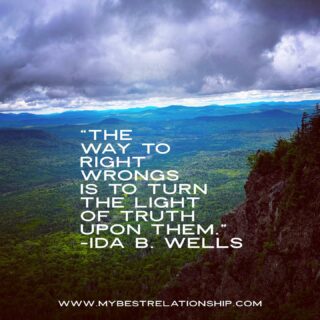
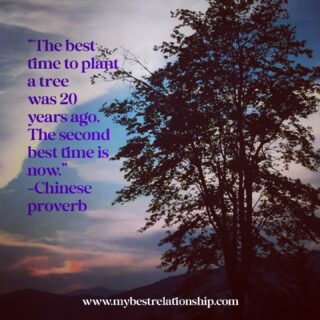
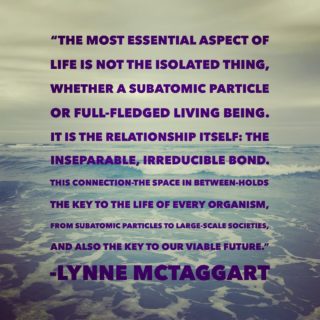
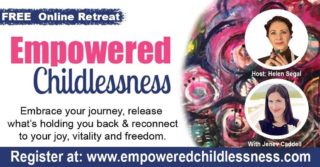

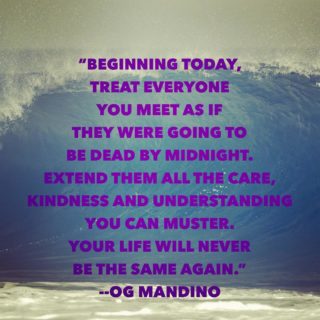
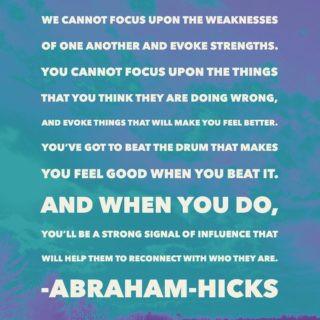

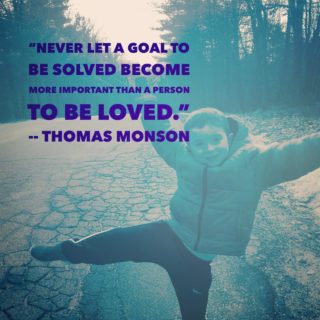


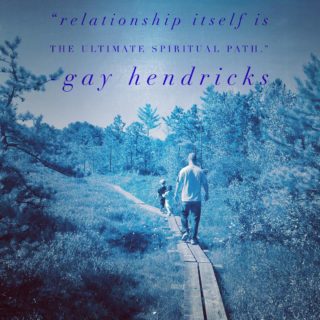

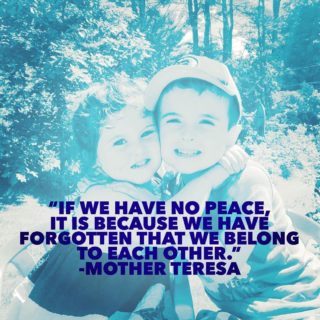
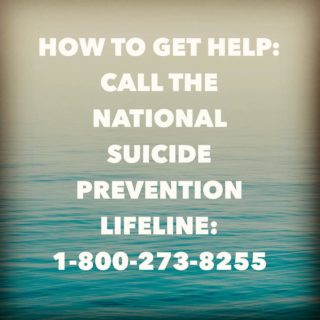
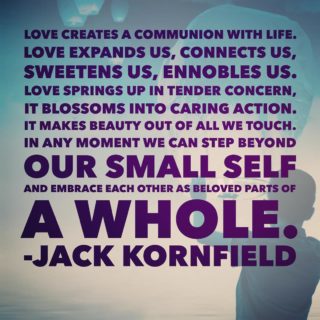
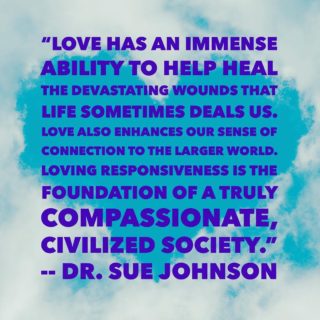
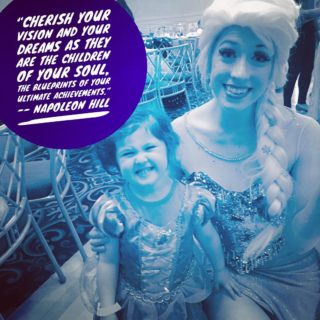
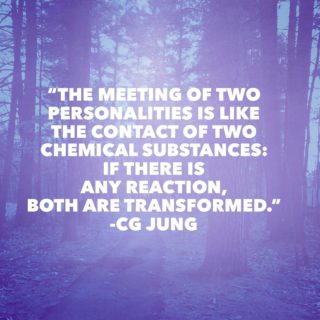
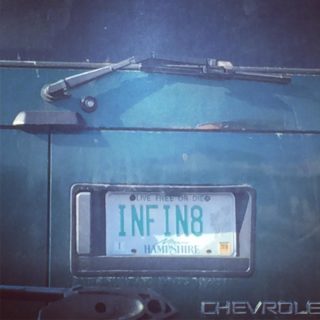
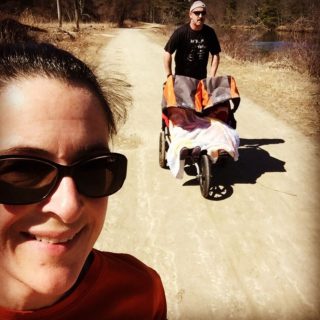
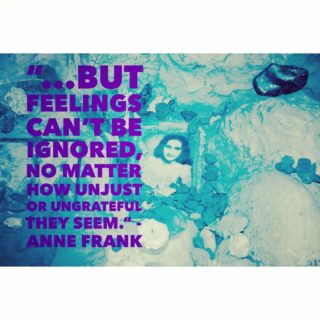
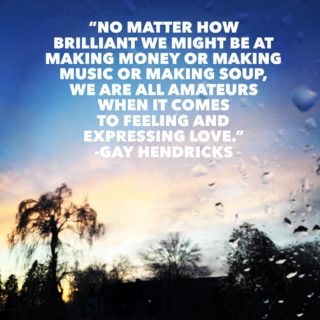

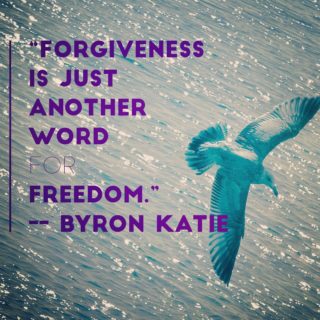



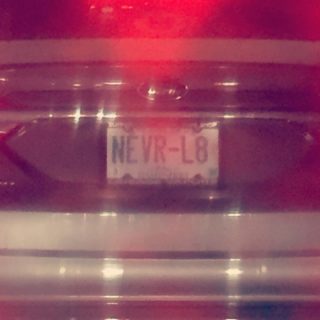
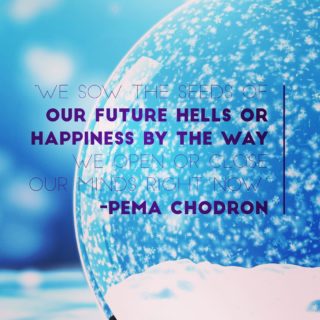

Leave a Reply